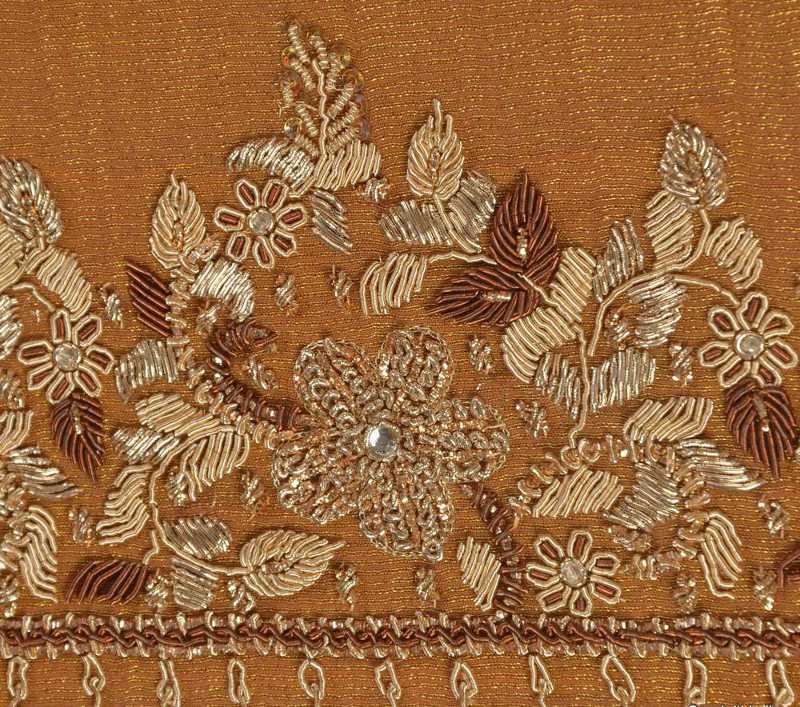===
0344,
5
===

=== |
 |
pūch : 'Empty, worthless, vain, absurd, of no moment or consequence, useless, unsubstantial, unsound, feeble, weak; petty, trivial, trifling, insignificant; unmeaning, nonsensical, inordinate, injudicious'. (Platts p.278)
baʿẓe : 'Some, some few, certain, several; sundry, diverse, miscellaneous; some people; certain ones'. (Platts p.158)
sang-e sulaimānī : 'Agate, onyx'. (Platts p. 686)
FWP:
SETS
MOTIFS == ISLAMIC; RELIGIONS; SPEAKING
NAMES
TERMS == METAPHOR; PROOF; THEME; VERSE-SETWhat strikingly poor verses they are, both this one and {344,6}! They take Mir into a domain of religious polemic where he apparently doesn't have the same scope-- or desire-- to create real poetry. The tone feels petulant. The speaker is so vexed with his foolish 'friends' that he wants to harangue them and us all too straightforwardly, not to give free rein to his matchless powers of convolution. We can take comfort in knowing how extraordinarily rare such verses are, within his six divans and over 1,900 ghazals.
Ghalib too composes some of his weakest verses when he steps out of the real ghazal world (in his case, into conventionalized elegy):
G{139,1}.